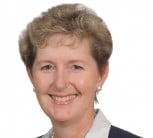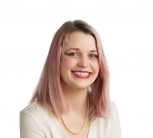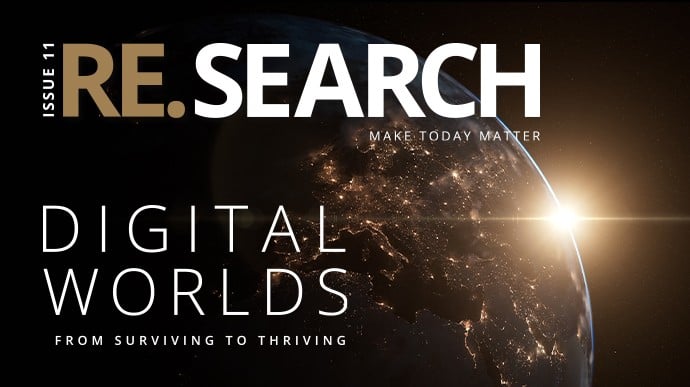The Progress in International Reading Literacy Study (PIRLS) 2016 report paints a concerning picture of primary school-level reading literacy in South Africa, with no significant progress made since the last report in 2011...
April 25, 2017


Dr Celeste Combrinck undertook her undergraduate studies at the University of Johannesburg (UJ). She has been doing research at the University of Pretoria (UP) for the past 10 years and says that UP offers scholars the opportunity to advance their research fields and create new knowledge.
On her field of research, measurement in the social sciences, she says: “Measurement drives learning and innovation, but it is difficult to measure aspects of being human, such as potential, deep learning and wellness. When we measure accurately and what is important, we change the outcomes by changing the focus. To quote William P Fisher, Jr [an American academic of measurement theory and practice]: ‘We are what we measure. It’s time we measured what we want to be.’”
Dr Combrinck says that while the social sciences offer insight into the human experience, the discipline should be geared towards enhancing human growth and wellness.
She adds that measurement always matters. “What we measure is what we care about, invest in and ultimately strive to achieve. If we accurately measure what matters and promotes well-being, lives will improve.”
Dr Combrinck is leading an initiative to train colleagues, students and other stakeholders in the application of statistical models for objective measurement. In 2021, she presented a three-day workshop for the Military Psychological Institute, Pretoria, and in 2020, published two scholarly chapters on her measurement work.
She is co-investigator on a project in UP’s Faculty of Engineering, Built Environment and Information Technology (EBIT), called Pathways to Success for Engineering Students. The project entails creating African theories of student success and tailoring interventions. The team has collected qualitative and quantitative data, which it has found to be illuminating in terms of how connecting socially can boost academic and personal success.
A recent milestone in Dr Combrinck’s research was presenting the findings of this project, which began in early 2020, at the Scholarship of Teaching and Learning in the South Conference.
Dr Combrinck has many academic role models, especially in the field of measurement. Of Dr John Michael Linacre, Research Director of Winsteps and former Director of the MESA Psychometric Laboratory at the University of Chicago, she says: “He is committed to using measurement to improve human life, learning and health; and he is always quick to provide detailed feedback.” Similarly, she has found Prof David Andrich, an esteemed member of the measurement community, always willing to share his wisdom.
In her academic field, Dr Combrinck hopes to never stop learning. “It would be even better if what I learn enhances the lives of others, and if I can travel the road of knowledge and beauty with fellow researchers.”
Her advice to school learners or undergraduates who are interested in her field is to find their calling. She adds that being a researcher is a passion, and if they discover their passion, they should keep learning. “To be a researcher is to be an eternal student and explorer of the world. I can think of no better way to spend my time on Earth,” she says.
Outside academia, Dr Combrinck is interested in photography and appreciates art in its many forms; she also loves reading fantasy novels and travelling to new places.
 Story
Story
The latest issue of the University of Pretoria’s award-winning RE.SEARCH magazine is available now and reflects a shift towards both a fresher design and outlook. This edition is curated under the theme ‘Digital’, and offers a glimpse into some of the fascinating research we’re doing at UP to drive digital leadership and innovation.
 Story
Story
The articles in this edition showcase work from all nine of our faculties, and underscore our University’s slogan ‘Make today matter’. RE.SEARCH has been named South Africa's top corporate publication as the winner of the 2024 SA Publication's Forum Awards. It is a runner up and finalist in the Excellence category for Communication (runner up), Design and Photography (finalist) and the...
 Story
Story
RE.SEARCH 9 is our most novel edition yet. In it, we have featured research that encourages us to think afresh, and is doing so, we’ve highlighted new ways of looking at research. You can expect to read about research that has potential and promise for the future but which is still nascent or represents an educated guess. This edition also features a range of multimedia that you can immerse...
Copyright © University of Pretoria 2025. All rights reserved.
Get Social With Us
Download the UP Mobile App